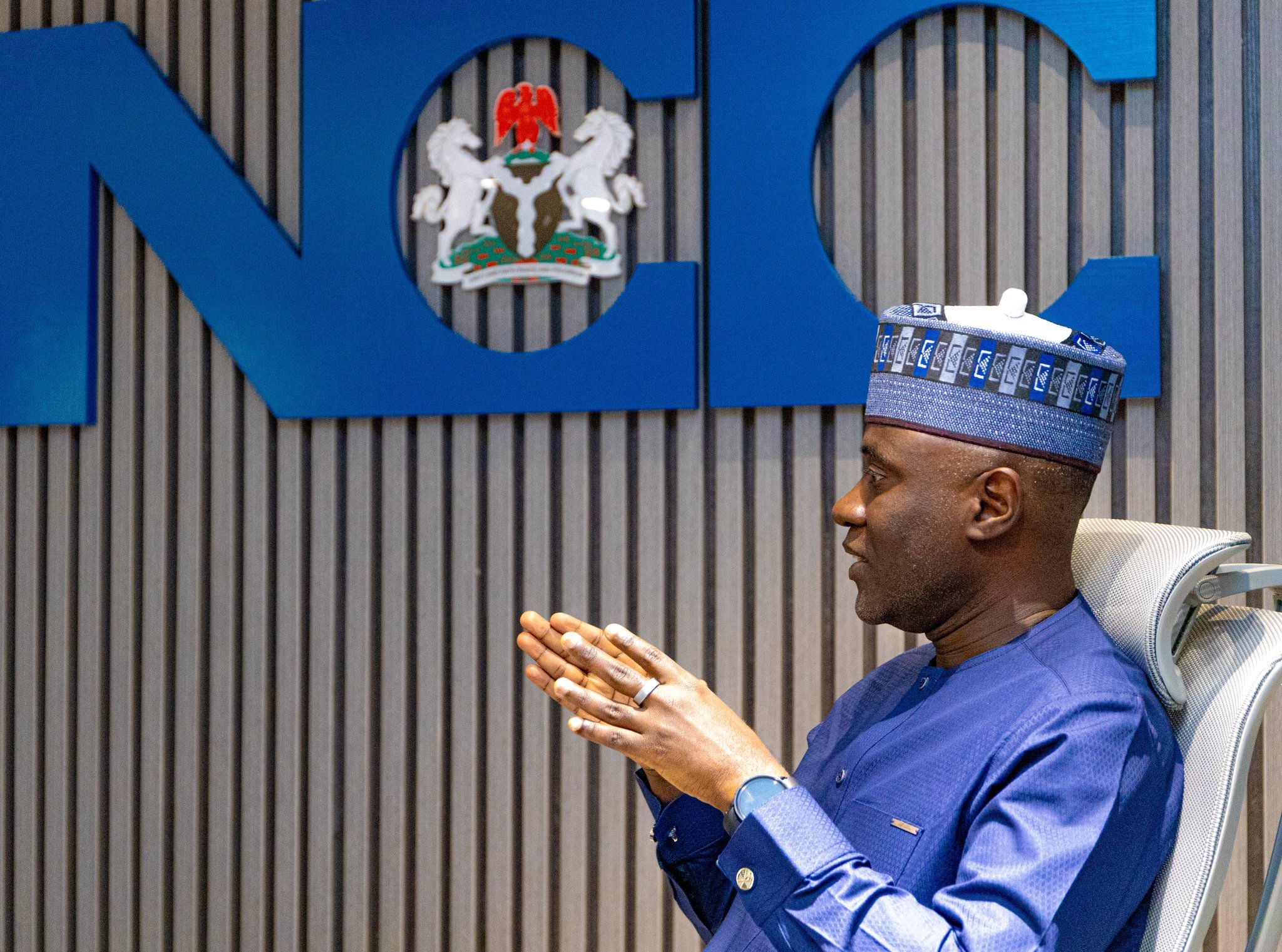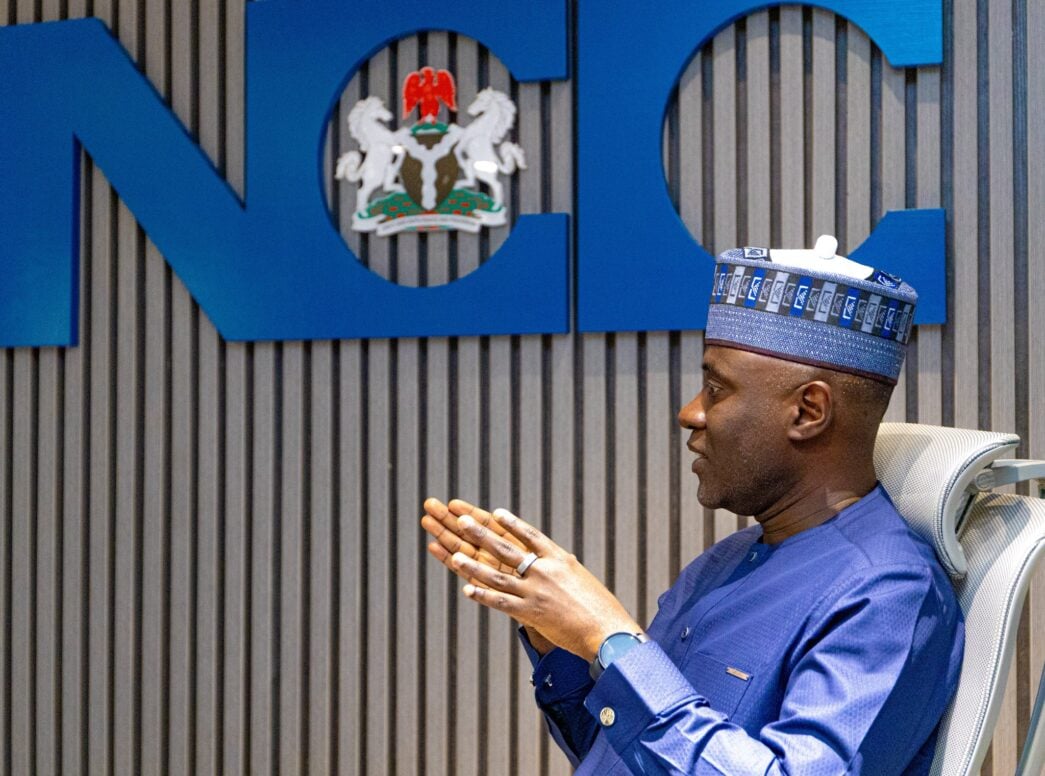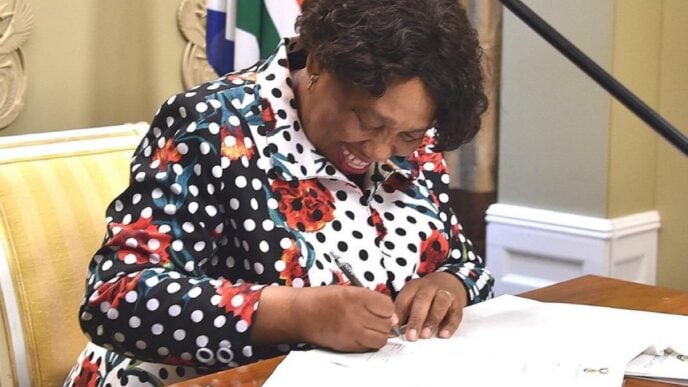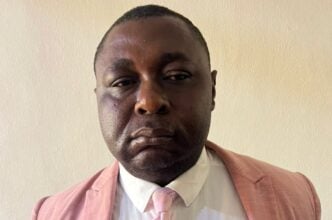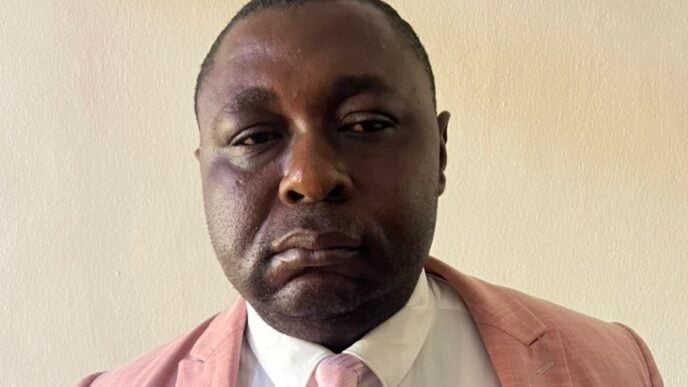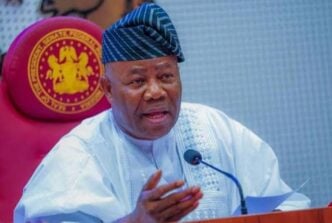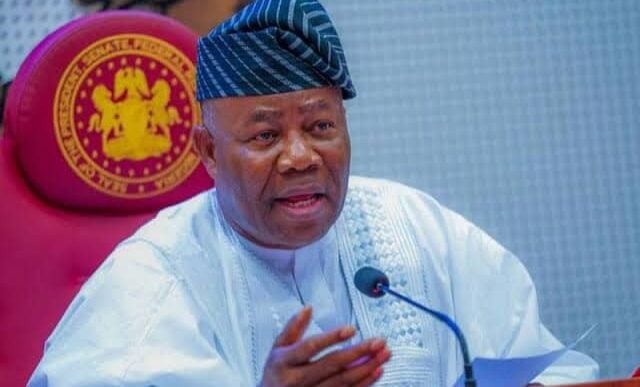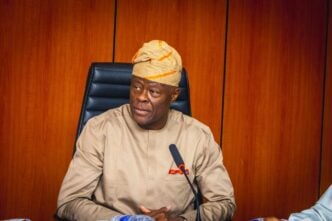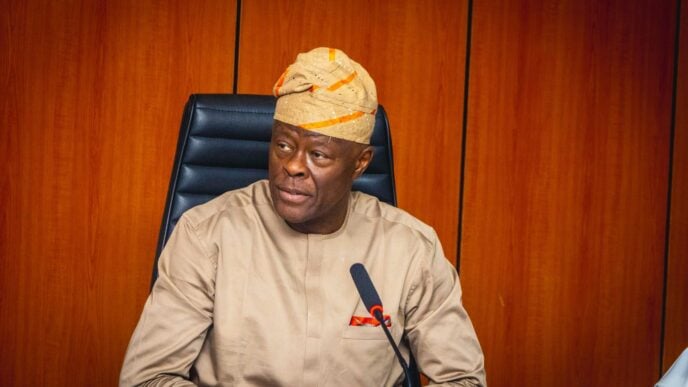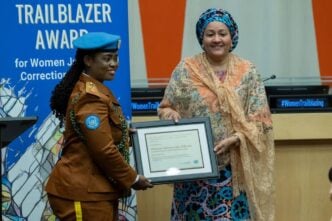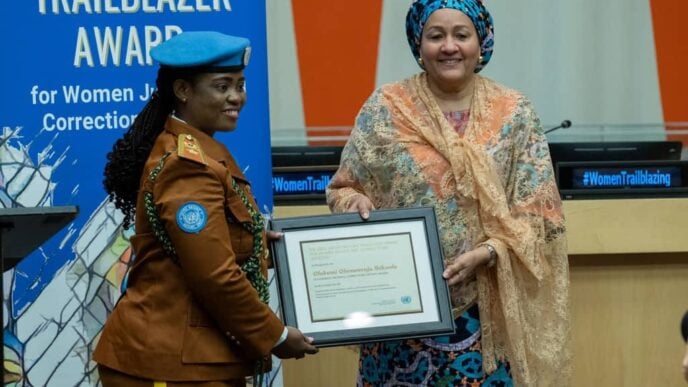Aminu Maida, executive vice-chairman of the Nigerian Communications Commission (NCC), says the office of the national security adviser (ONSA) has dismantled cartels behind the persistent sabotage of fibre-optic infrastructure across the country.
Maida spoke on Wednesday at a business roundtable on improving investment in broadband connectivity and safeguarding critical infrastructure.
The event, themed ‘Right of Way and Protection of Broadband Infrastructure’, was organised in partnership with the ministry of finance, World Bank and the Nigeria Governors Forum.
Speaking at the event, Maida said attacks on telecom infrastructure remain a major threat to economic growth, national security, and the digital economy.
Advertisement
“ONSA has successfully dismantled some cartels involved in disrupting telecommunications infrastructure,” the vice-chairman said.
“We thank the NSA profusely and assure continued collaboration to tackle this menace that faces our industry.”
The NCC chief said between January and August 2025, the industry recorded 19,384 fibre cut incidents, 3,241 cases of equipment theft, and over 19,000 cases of denials of access to telecom sites.
Advertisement
“Together, these disruptions have caused prolonged outages, revenue losses, increased security costs, and delayed service restoration. They demonstrate why infrastructure protection must be at the centre of our collective agenda,” Maida said.
“When diesel runs out at a site because access was denied, the site goes dark — and that means no service.
“In one or two cases, a single site shutdown could have cut off an entire region.”
Maida said the commission is enforcing stricter compliance with critical national infrastructure (CNI) protection orders signed by President Bola Tinubu in 2024, alongside new baseline security standards for telecom sites.
Advertisement
‘POOR COORDINATION LED TO WORSENED FIBRE DAMAGE’
The vice-chairman also said poor coordination between public works agencies and operators has worsened fibre damage nationwide, with contractors repeatedly cutting cables during road construction.
“We found out that federal contractors didn’t even know how to reach operators like MTN,” he said.
“There was no coordination mechanism. We’ve now created a working group with the ministry of works to share early notices and prevent fibre cuts that can bring down entire states.”
Advertisement
He said the NCC is now restructuring the national fibre architecture to make existing backbone networks accessible to smaller internet service providers (ISPs).
“Nigeria has nine submarine cables landing on its shores but uses less than 10 percent of the available capacity,” Maida said.
Advertisement
“We are developing a policy to open up the fibre backbone so smaller ISPs can evacuate capacity and connect schools, hospitals, and public institutions.”
He added that 11 states have completely waived right-of-way (RoW) charges, while 17 have adopted the N145 per metre benchmark to attract new investment in broadband expansion.
Advertisement
“For the remaining states, I say clearly: we want zero right-of-way,” he said.
“Every decision at the subnational level affects millions of citizens and the future of our digital economy.”
Advertisement
Maida said the commission will soon publish real-time data on network outages and launch a ‘Digital Connectivity Index’, ranking each state’s performance on broadband coverage, affordability, and resilience.
He also said oil pipelines are now giving way to pipelines of fibre, stressing that “connectivity is no longer optional, it’s the lifeline of our economy”.
